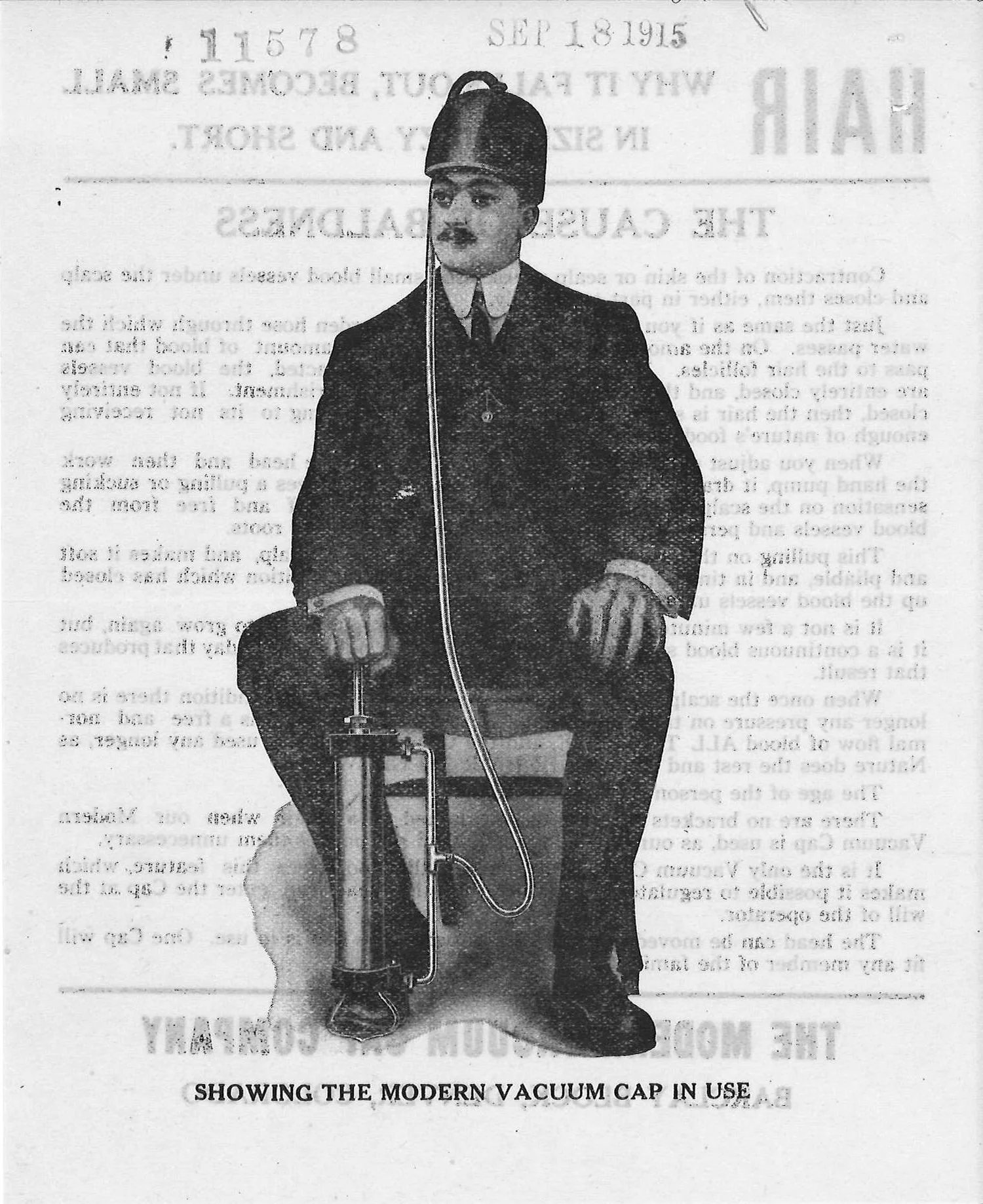Having gotten rid of grades at medical school, the AMA is now preparing doctors to star on talk shows
/AMA Announces new guidelines for the wokeful practice of witchcraft medicine
You’ll want to read the whole thing before heading off for your open-heart surgery, but here are some excerpts, beginning with a preamble "Land and Labor Acknowledgement."
"The Association of American Medical Colleges’ headquarters is located in Washington, D.C., the traditional homelands of the Nacotchtank, Piscataway and Pamunkey people," it says. "The American Medical Association’s headquarters is located in the Chicago area on taken ancestral lands of indigenous tribes, such as the Council of the Three Fires…, as well as the Miami, Ho-Chunk, Menominee, Sac, Fox, Kickapoo and Illinois Nations." We apologize for that theft, and acknowledge that the hospitals we’ve used to amass our fortunes in and the mansions we live in are also built on stolen land, but an apology’s all you’re gonna get — we’re here, Tonto, and we’re staying here — get over it.
The equity guidance also dedicates significant space to terms and phrases doctors should not use and suggests alternatives.
The guide says doctors should not say "Low-income people have the highest level of coronary artery disease in the United States."
Instead, it says, doctors should phrase the same idea like this: "People underpaid and forced into poverty as a result of banking policies, real estate developers gentrifying neighborhoods, and corporations weakening the power of labor movements, among others, have the highest level of coronary artery disease."
"The dominant narratives in American medicine and society reflect the values and interests of the historically more privileged socioeconomic groups—white, heterosexual, able-bodied, cisgendered, male, wealthy, English-speaking, Christian, U.S.-born," Harmon continued. "These narratives have been deeply rooted in value systems and ingrained in cultural practices that have given preference to the interests of society’s most powerful social groups. But they can also be wielded as a weapon to oppress others."
Harmon added: "That is the case, for example, with the use of adjectives that dehumanize individuals by reducing them to their diagnosis—simply referring to a patient living with diabetes as a ‘diabetic’—or that unfairly labels groups of people as ‘vulnerable’ to chronic disease while ignoring the entrenched power structures, such as racism, that have put them at higher risk."
The equity guidance also dedicates significant space to terms and phrases doctors should not use and suggests alternatives.


